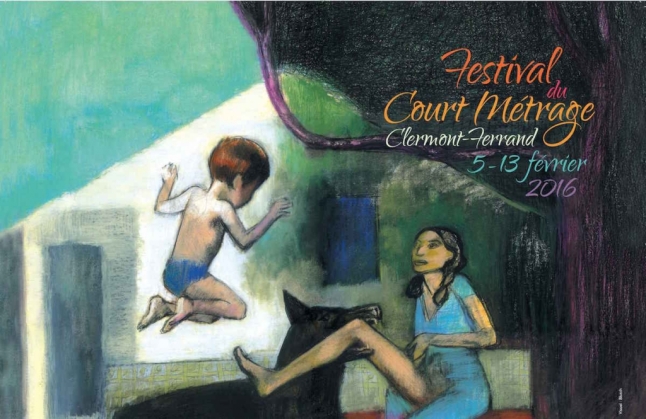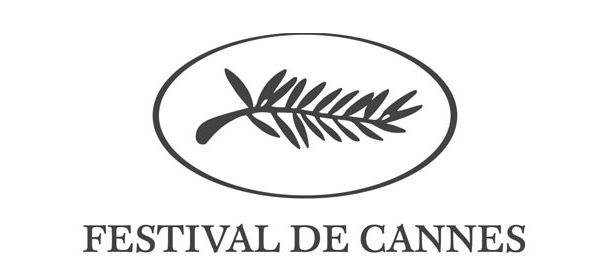MORE THAN WORDS: SUBTITLING AND LIVE VOICE-OVER
16.02.2017 – Ian Burley, Marie Dumora, Andrea Kirchhartz, Rebekah Smith, Beatrice von Moreau, moderated by Natascha Noack
When film dialogue is professionally translated through subtitling, the viewer forgets the process of reading. As a form of literary translation, subtitling is a highly skilled technical craft and at the same time an art form. How is cultural specificity and semantic nuance transported through subtitles, and what are the limitations therein? What alternatives to classic subtitles exist? Does live voice-over present other possibilities, as it is practiced e.g. in the Berlinale’s Generation section? These and further questions are raised by experts taking Marie Dumora’s Belinda (Panorama) as a practical case study and demonstrating a live voice-over.
EXPERTS OF THIS PROGRAMME EVENT:
Ian Burley

After a post-graduate course in subtitling, Ian Burley began work as a subtitler and script translator for the French, Belgian and Italian film industries and has collaborated regularly with such renowned directors as Alain Resnais, the Dardenne brothers, Robert Guédiguian, Nicolas Philibert, Bertrand Bonello and Bruno Dumont. He holds degrees from the University of Swansea, Université de Bretagne Occidentale and Université de Lille III.
Marie Dumora

French director Marie Dumora has completed nine films, all of which she has filmed by herself. They were all are shot within just a few kilometres of each other in Eastern France, thus creating a cinematic terrain where one film leads to the next. Her films have won awards at various festivals, including Best Documentary at FID Marseille and the Heritage Award at Cinéma du Réel. Her film BELINDA will open the Panorama Dokumente section at the 2017 Berlinale.
Andrea Kirchhartz

Andrea Kirchhartz studied Theatre, Film and Television Studies in Cologne and Paris and has worked as a freelance film translator for subtitling, voice-overs and dubbing since 1999. She translates screenplays and texts in the field of Film Studies and is an interpreter at festivals. She is a member of the subtitlers’ association Untertitelforum – AVÜ.
Rebekah Smith

Rebekah Smith studied German and French at Goldsmiths College, University of London before training as a subtitler and translator in Berlin. Over the last ten years, she has subtitled and translated numerous documentary and feature films, voice-over scripts and screenplays. She is a member of the subtitlers’ association Untertitelforum – AVÜ and the Federal Association of Interpreters and Translators (BDÜ).
Beatrice von Moreau

Beatrice von Moreau is a German actress. After studying at the Max Reinhardt Seminar in Vienna, she primarily worked in theatre. Since 2003 she has also written for the stage. At the same time she began producing and distributing her own films. She co-produced the indie films BABA and HIRSCHEN, which screened in cinemas in Germany, Austria and Switzerland and are now available on Netflix. Since 2004 she has worked for the Generation section at the Berlinale as a live voice-over speaker and translator.
MODERATED BY
Natascha Noack

Natascha Noack works at the intersection of language, film, music and movement. She is a dancer and choreographer, translates films and film theory, appears as a voice-over artist and is a member of the selection committee of the Generation section of the International Film Festival Berlin.
 Sionann O’Neill avec Alain Guiraudie au festival de Cannes. Elle est interprète pour le réalisateur de « Rester vertical », en sélection officielle. | Flo Alex
Sionann O’Neill avec Alain Guiraudie au festival de Cannes. Elle est interprète pour le réalisateur de « Rester vertical », en sélection officielle. | Flo Alex ASIF at the Clermont-Ferrand Short Film Festival
ASIF at the Clermont-Ferrand Short Film Festival

